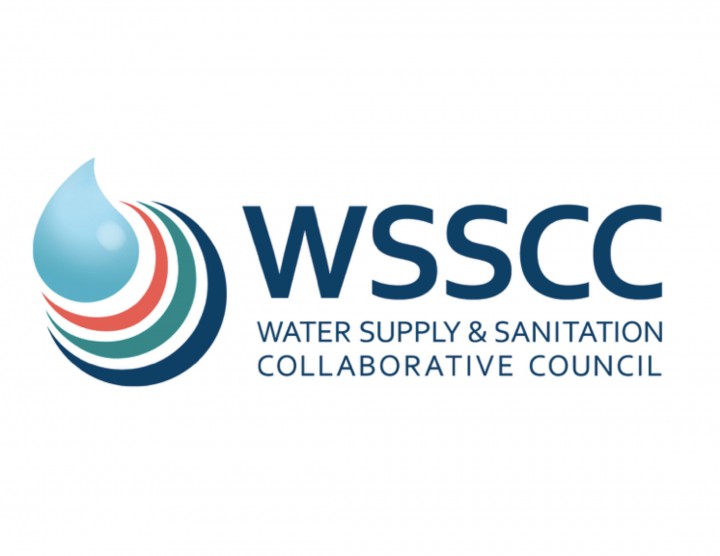Water Access and Sanitation Collaborative Council WSSCC
For three decades the UNOPS-hosted Water Supply and Sanitation Collaborative Council (WSSCC) has operated as a global, multi-stakeholder membership and partnership organization working with poor people, organizations, governments, and local entrepreneurs to improve sanitation and hygiene at scale. In 2010, WSSCC launched the Global Sanitation Fund (GSF), a pooled funding mechanism that aimed to catalyse large-scale improvements in sanitation and hygiene for populations with the lowest access. WSSCC has been committed to a world in which everyone, everywhere can practice safe sanitation and hygiene with dignity and over the years has contributed by enabling more than 30 million people and especially women, girls and those living in vulnerable situations to practice the right to sanitation and hygiene across the course of their lives with dignity and safety.
Filter / Tags
Multilateral organisation
Countries of Activity
BangladeshBeninCambodiaEritreaEthiopiaIndiaNepalPakistanSwitzerlandKenyaMadagascarMalawiNigeriaSenegalTanzania United Republic ofTogoUgandaZimbabwe
Resources in SuSanA Library

Water Access and Sanitation Collaborative Council
Headquarter location






















